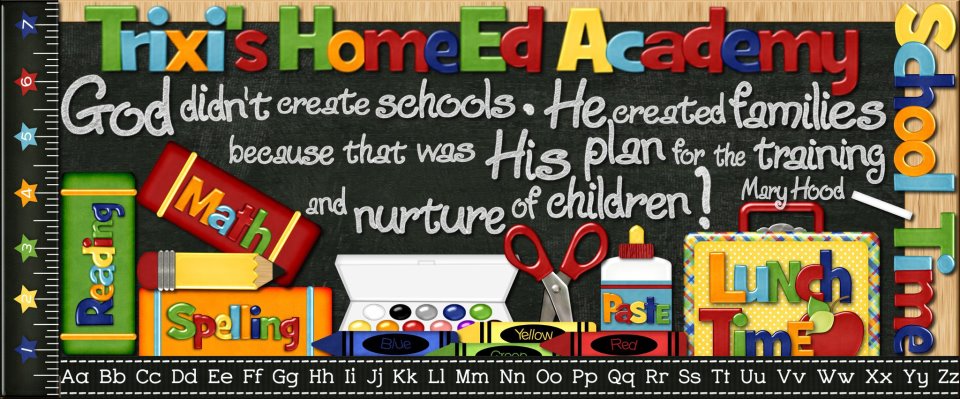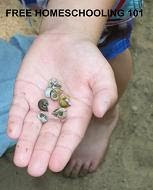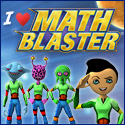by: Amelia Harper
 Our new writing column is titled “The Inspired Homeschooler.” But what do we mean by “inspired”? When we speak of the “inspiration” of the Scriptures, we mean that God Himself led certain men to write documents that became part of the Biblical canon that we use today. The ancient Greeks believed that artists, writers, and musicians were “inspired” by nine demi-gods called “muses” who spurred them on to creative efforts. Today, when we use the term “to inspire,” we generally mean that someone influences a creative effort or motivates someone to creative excellence. This is exactly what Susan Spann and I wish to do in this “Inspired Homeschooler” column.
Our new writing column is titled “The Inspired Homeschooler.” But what do we mean by “inspired”? When we speak of the “inspiration” of the Scriptures, we mean that God Himself led certain men to write documents that became part of the Biblical canon that we use today. The ancient Greeks believed that artists, writers, and musicians were “inspired” by nine demi-gods called “muses” who spurred them on to creative efforts. Today, when we use the term “to inspire,” we generally mean that someone influences a creative effort or motivates someone to creative excellence. This is exactly what Susan Spann and I wish to do in this “Inspired Homeschooler” column.
As I travel throughout the country meeting homeschooling families, many of them talk to me about their desire to write. Parents often come to me because they don’t know how to teach writing; others come because they simply want to motivate or “inspire” their children to write at all. Still others come because they are already inspired to write and have begun to create works of their own.
These “inspired” writers span a broad range of homeschoolers. Most are teens, both male and female, who are working on short stories, poems, or entire novels. However, many are adults who are homeschooling parents or former homeschooled students. Those who fall in this category are mainly interested in improving their craft or in learning how to submit works for publication. This really is an attainable goal, for I know of several homeschooled students who have already had books published.
Some people think of writing as simply a means to communicate, but in reality, writing has a much greater power. Thoughts expressed in speech are ephemeral: unless they are captured by audio or video, they disappear as quickly as they are spoken. Even an avid listener may have trouble later recalling the exact expression of the idea. However, written ideas live longer, whether in print or electronically, and become part of the greater archive of mankind’s accumulated creativity, wisdom, and knowledge.
The power of the written word can entertain, enlighten, or even change hearts and minds. Think of a book you have read that held that sway over you. Have you ever had a day made brighter by an encounter with the written word? Have you ever learned something new or have you seen the world through another’s eyes? Have you ever embraced an idea or philosophy (perhaps even homeschooling your family) because of the impact of the written ideas of another? Have you ever been inspired to write something of your own in response to that power?
Reading the work of another is one of the most common methods of “inspiration.” Have you ever read a story and thought: “But what if it didn’t happen this way? What if the circumstances or setting, or characters were changed? How would that affect the plot and outcome of the story?” If you can answer these questions within your own creative consciousness, you may be inspired to write a totally different story.
But inspiration does not only apply to creative projects. Perhaps you find yourself interested in a topic and begin to research it. As you do, you discover an approach to the topic that no one else has seen. You may be inspired to write a report, paper, or entire book that explains this subject in a whole new light. Or your own passion for an idea may inspire you to write persuasively in order to encourage others to accept this idea as well.
Inspiration can come in many forms. In the past, artists, musicians, and writers have been inspired by nature, by the plight of mortal man, by Scripture, by mythology, by their own joys and tragedies—even by their own dreams. But often, it is the written word of one author that inspires the writings of another.
That is what we hope to accomplish here. We hope to provide you with fodder for your own muse—whatever that muse might be. During the coming year, Susan and I plan to alternate writing concepts in order to help educate you concerning the written word in the current age. Susan, with her experience as an attorney who also speaks at writing conferences, plans to focus on the steps and strategies involved in bringing a creative work from idea to publication. In my columns, I plan to focus more on the wide range of genres available to the writer in modern society.
However, the goal of this column is far more than education about the written word. Our goal is to inspire you and your children to develop your creativity and achieve written excellence. All ideas have influence, but well-worded ideas possess an even greater power. Through this column, we hope that you will be inspired to develop and use that power for good.
Amelia Harper is a homeschooling mother of five and a pastor’s wife. She is also the author of Literary Lessons from the Lord of the Rings, a complete one-year literature curriculum designed for secondary-level homeschooled students. In addition, she is an English tutor and a freelance writer who contributes regularly to newspapers and magazines. For more information, go to www.homescholarbooks.com.
Copyright 2012, used with permission. All rights reserved by author. Originally appeared in the January 2012 issue of The Old Schoolhouse® Magazine, the trade magazine for homeschool families. Read the magazine free atwww.TOSMagazine.com or read it on the go and download the free apps atwww.TOSApps.com to read the magazine on your mobile devices.
![]()








































































